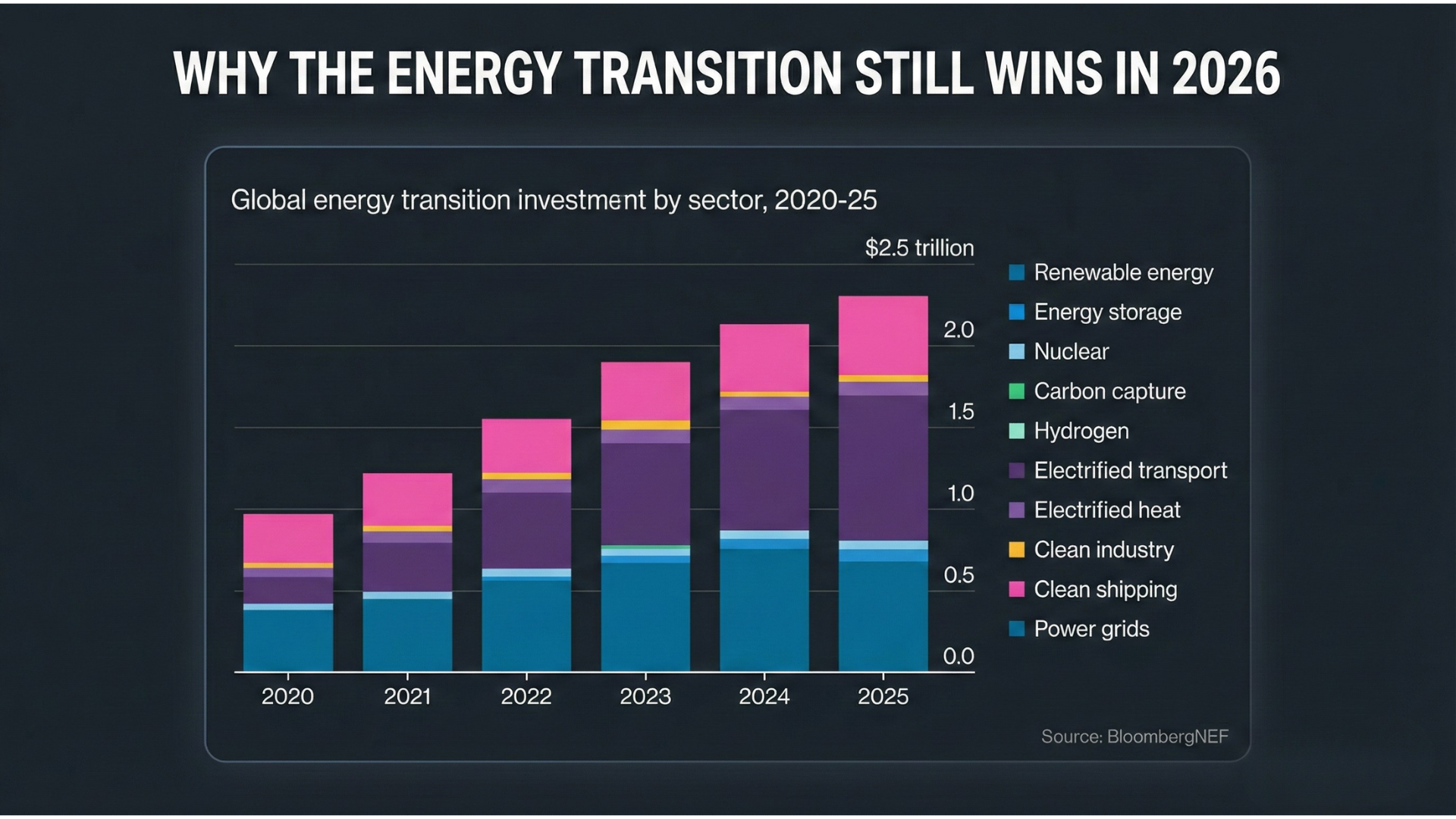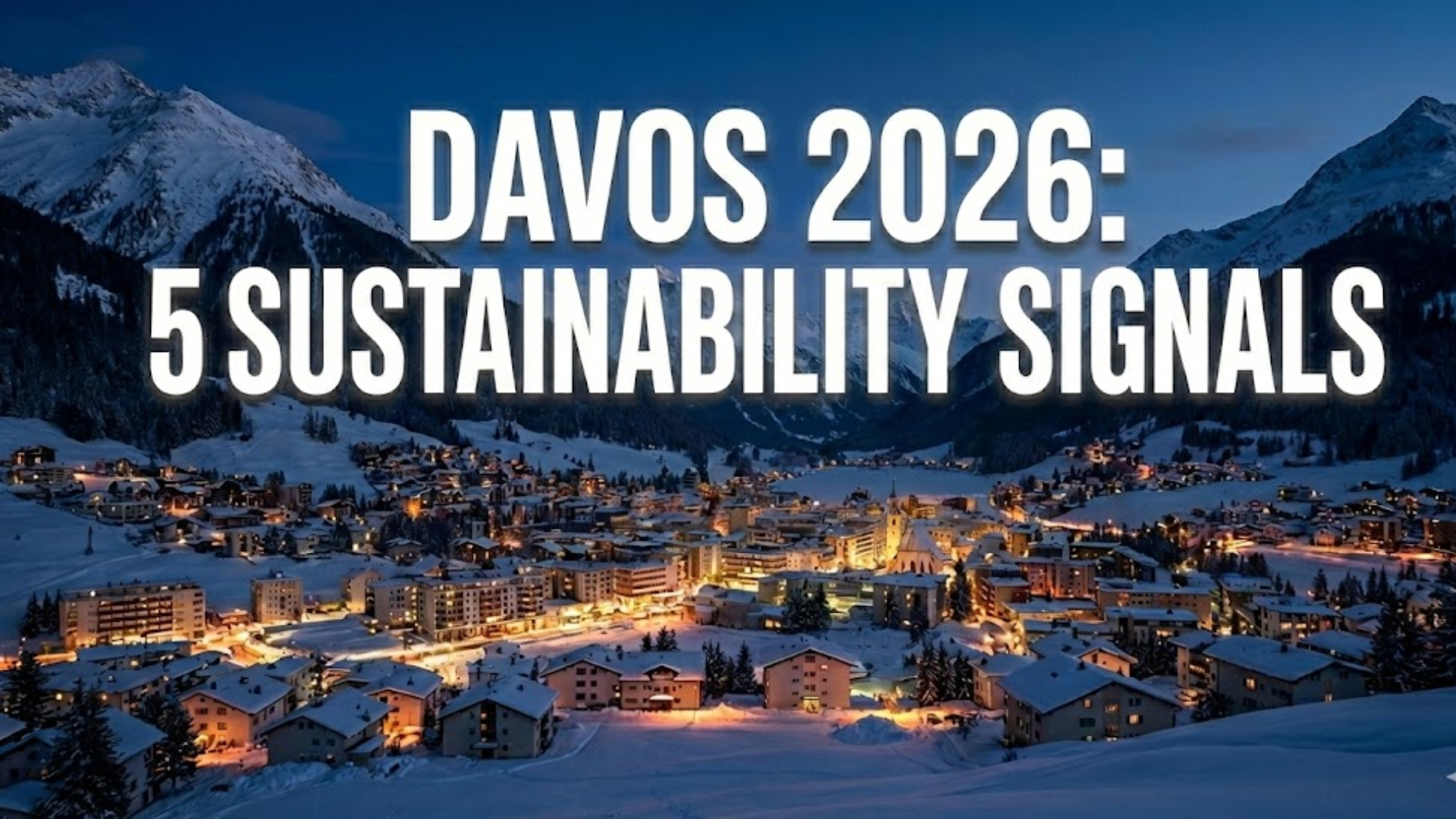

EPA proposes to end greenhouse gas emissions reporting (GHGRP)
The business case driving sustainability action
The US is driving to end sustainability programs at home and abroad
California & SEC climate rules in court
NY Climate Week Pro Tips and Hot Picks
Since 2010, the US Environmental Protection Agency (EPA) has been collecting and verifying greenhouse gas (GHG) emissions data from thousands of the most polluting facilities in America. This week, the EPA released a Proposal to End the Burdensome, Costly Greenhouse Gas Reporting Program (GHGRP), claiming it would save American businesses up to $2.4 billion.
EPA Administrator Lee Zeldin said, “The Greenhouse Gas Reporting Program is nothing more than bureaucratic red tape that does nothing to improve air quality. Instead, it costs American businesses and manufacturing billions of dollars, driving up the cost of living.”
The reporting program covers more than 8,000 coal power plants, oil refineries, carbon dioxide (CO2) injection sites, and other industrial facilities that exceed annual emissions equivalent to 25,000 metric tons of CO2. These facilities must publicly disclose their emissions - all told, the program has tracked approximately 50% of total US emissions for the last 15 years.
The data from this program shapes government policy around decarbonization and tracks the US share of global emissions within the UN climate treaty (The Paris Accord). In addition, it has provided investors and the public with a means to assess pollution levels. Former Biden-era EPA office leader Joseph Goffman said, “With this move, they’re taking away the practical and material capacity of the federal government to do the basic elements of climate policymaking.”
Even programs with bi-partisan support, like the 45Q carbon capture tax credit, will be impacted if the proposal goes through. The GHGRP was how these companies communicated their results to the IRS to access the tax credits. The bill could also increase costs for companies selling goods covered under the EU’s carbon border tariff, and limit the US's ability to initiate its own carbon tariff in the future.
The proposal, which would permanently remove the majority of covered facilities and delay reporting for some others until 2034, will be open for comment for 45 days after the release of the proposal. You can comment here.
👉 Prefer to get Sustainability Simplified straight into your inbox instead of LinkedIn? Sign up for our email list here.
2. Business Case for Sustainability Drives Action

Despite the backlash and weakening of sustainability policies, a steady drumbeat of surveys and reports this year has shown that businesses continue to work on sustainability programs because they produce significant business value.
Three new reports released this week continued to pull on this thread:
My company, BCG, along with CO2AI, released the fifth annual Climate Survey. While companies mentioning climate, reporting on climate, and assessing climate risk is down, investment in sustainability is steady. These contrarian trends can be explained by the 82% of companies that have captured economic benefits from decarbonization. Nearly half of the companies working on adapting to climate risks realize at least 10% ROI.
The 2025 CEO Study found that 99% of CEOs plan to maintain or increase sustainability commitments, and 88% say the business case for sustainability is stronger now than it was five years ago.
Another study found that business-to-business (B2B) relationships are becoming more based on sustainability. Half of the respondents said they spend more money with ‘sustainable’ suppliers, and the other half claimed they would change suppliers who don’t meet certain sustainability criteria over the next three years.
The overarching theme fits with the term “radical pragmatism” - coined by Gus Bartholomew. In essence, companies are moving from “aspiration to perspiration” - they are doing more, saying less, and seeking to maximize value creation. This is nothing new. The only change is that these actions will no longer be branded as “ESG’” or “sustainability” programs.
3. US: The Epicenter of the Anti-ESG Movement

GlobalData’s new “Anti-ESG Movement” report claims the anti-ESG movement started in Texas in 2021, and although it has been focused in the Republican-led US states, it has gone global. As we reported on August 29, the US continues to use trade deals to weaken sustainability policy around the world. More recently, new SEC Chair, Paul Atkin, said in an address that he would not allow foreign countries to use the IFRS standards to report financial information in the US if they continue to pursue “political or social agendas” through the ISSB (sustainability standards). Al Gore warned that, as the country at the center of the anti-ESG movement, the US is “bullying” other countries to abandon their climate goals. He said the administration is “actively attempting to slow down the pace of the energy transition in every way that they can.”
Now, US companies are lobbying Trump to shape extraterritorial rules. Exxon CEO Darren Woods said he has been petitioning the administration to repeal EU climate rules.
And within the US, the Department of Justice asked a judge to halt Vermont's “unlawful” climate superfund, which would hold major emitters responsible for climate change. Also, Texas Attorney General Ken Paxton launched an investigation into proxy advisory firms Glass Lewis and Institutional Shareholder Services (ISS). The investigation claims the proxy advisors potentially misled investors by recommending they vote for companies implementing DEI and sustainability policies. Notably, this investigation follows an injunction last month that blocked a Texas rule restricting how proxy advisors can advise on sustainability votes.
4. California and SEC Climate Rules In the Courtroom

On September 11th, the US District Court for the Central District of California denied another request to block implementation of California’s climate disclosure laws (SB 253 and 261). This would have hit pause on the rulemaking while the plaintiffs appeal a denial of a preliminary injunction from last month. So, for now, California climate disclosure is full steam ahead toward the reporting deadlines in 2026.
While most readers had likely written off the US Securities and Exchange Commission’s (SEC) Climate disclosure rule after the Administration decided to end its defense, the US Court of Appeals said this week, “it is the agency’s responsibility to determine whether its Final Rules will be rescinded, repealed, modified, or defended in litigation.” This forces the SEC to make a final decision on the rule. While it’s certain this Administration will not proceed with the rule, its actions will surely bring about more legal challenges.
5. NY Climate Week - Pro Tips and Hot Picks

Every year, New York Climate Week seems to get bigger and bigger. This year, I will be taking part in a few events, which I posted about here. Also, I will be speaking at 9:45 on Thursday, September 25, at Journal House (hosted by the Wall Street Journal) with my friend Aron Cramer. I hope to see some old friends and meet some new ones at these events.
As for ‘Pro-Tips’ - my coping strategy is to find an anchor venue that is hosting a number of events, stick there, and selectively venture out to other events. And, since so much of the value comes from networking, I go to all the receptions and dinners possible…but pace yourself…New York is the city that never sleeps, and you will likely have to work in the morning ;)
For “Hot Picks” - our friends at the CTVC newsletter published this NYCW 2025 Events Schedule, which is a great resource to find the events that matter most to you.
The views expressed on this website/weblog are mine alone and do not necessarily reflect the views of my employer.
Other Notable News:
Global Weirding
Australia Climate Risks and Goals
EU Regulations
Carbon Capture
SEC
Trump 2.0
Notable Podcasts:
I was interviewed for the DesignObserver podcast, recorded live on location at the Aspen Institute. The podcast features insights from some of the 200 global leaders attending this year’s event, sharing how they lead through disruptions. If you missed part 1, you can listen here.
In this week’s episode of the Outrage and Optimism podcast, the hosts try to inject some optimism into what has been a negative summer for climate action. It features an interview with President & CEO of the World Resources Institute, Ani Dasgupta, who introduces his new book, “The New Global Possible: Rebuilding Optimism in the Age of Climate Crisis,” which argues we know what needs to be done. We just need to orchestrate transformation at scale.







